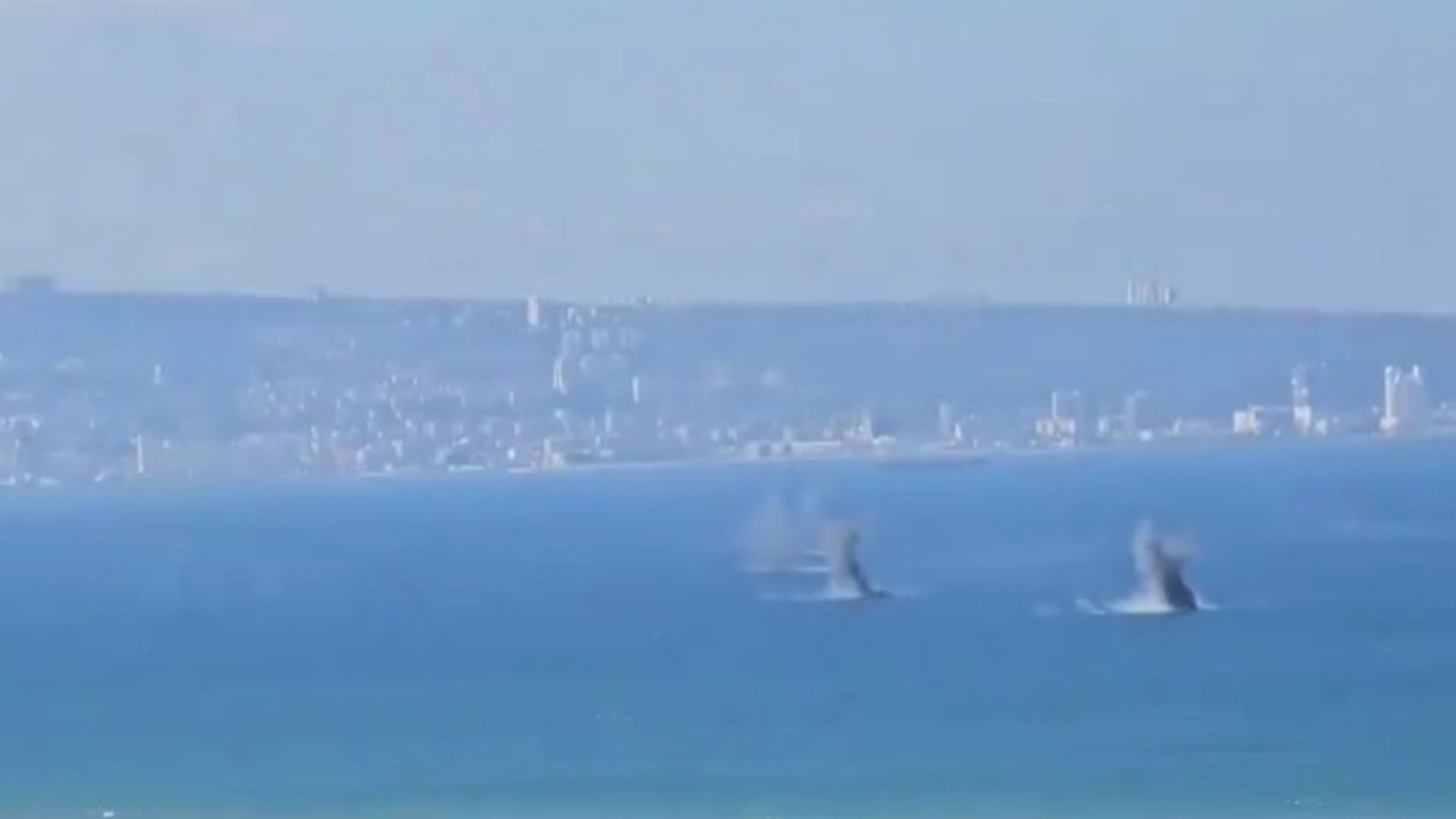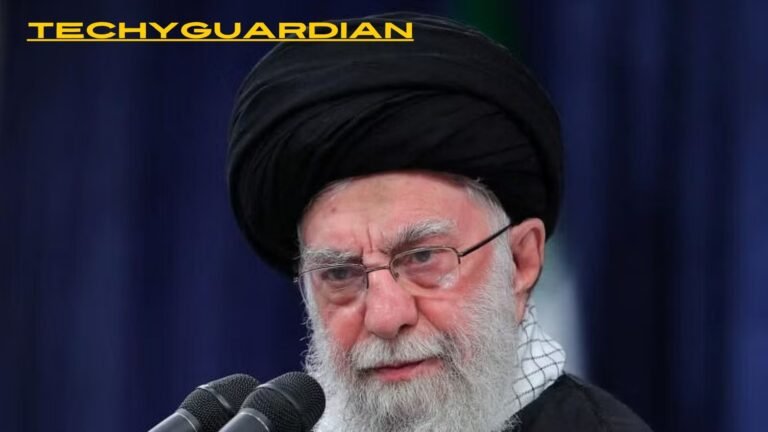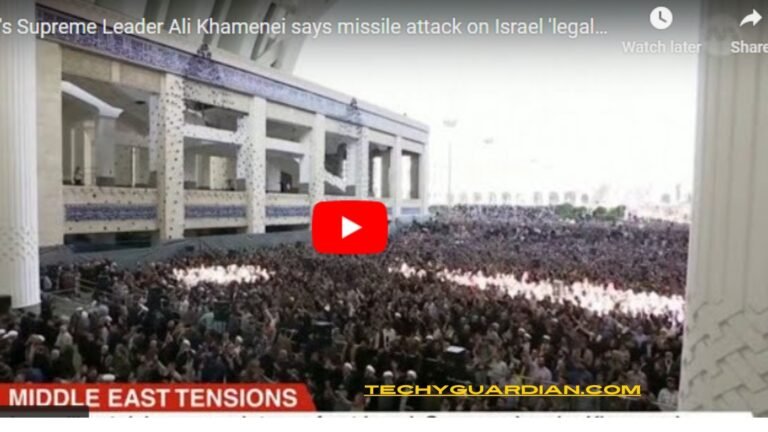
In recent times, the Israel-Hezbollah conflict has surged dramatically, with reports confirming that Hezbollah has fired thousands of rockets at the Israeli city of Akko (Acre). This has led to widespread devastation, civilian casualties, and a heightened state of tension across the region. In this article, we will dive deep into the background of the conflict, the significance of Akko as a target, and the broader implications of these escalating hostilities.
The Historical Context: Israel and Hezbollah’s Tense Relationship
Israel and Hezbollah’s relationship has always been fraught with tension since Hezbollah’s formation in the early 1980s. The group, which emerged in response to Israel’s invasion of Lebanon, has grown into a powerful political and military force in Lebanon, backed by Iran. It views Israel as a hostile force, and its primary objective is to resist what it sees as Israeli aggression, particularly in the contested regions of southern Lebanon and the Golan Heights.
Akko, a historic city in northern Israel, lies within Hezbollah’s range of fire from southern Lebanon. The strategic and symbolic importance of Akko makes it a frequent target in periods of heightened conflict.
Why is Akko a Strategic Target for Hezbollah?
Akko, also known as Acre, is one of the oldest cities in Israel, with historical significance dating back thousands of years. Its strategic location on the northern coast makes it a prime target for Hezbollah in the event of a military confrontation. Hezbollah’s rocket attacks on Akko aim to disrupt Israeli infrastructure, inflict civilian casualties, and sow fear among the local population.
Moreover, the psychological impact of striking such a historically significant city cannot be understated. By targeting a symbol of Israeli resilience and history, Hezbollah aims to weaken Israeli morale and demonstrate its military capabilities to both domestic and international audiences.
The Nature of the Rocket Attacks
The recent rocket barrages launched by Hezbollah are not random incidents but rather part of a calculated military strategy. Thousands of rockets, including short-range missiles and more advanced long-range systems, have been fired towards Akko and surrounding areas. These rockets are designed to overwhelm Israel’s missile defense systems, including the Iron Dome, which has proven effective but is not infallible.
Despite the high success rate of Israel’s missile defenses, the sheer number of rockets fired in a short time span has caused significant damage to infrastructure, homes, and public services. Civilian casualties are mounting, and the Israeli government has been forced to activate emergency protocols to protect residents.
The Impact on Civilians: Akko in the Line of Fire
Civilians in Akko have borne the brunt of these devastating rocket attacks. Reports indicate that schools, hospitals, and residential buildings have been hit, leading to multiple casualties. Families are forced to seek shelter in underground bunkers, and many have been displaced as their homes have been destroyed.
Israel’s response has been swift, but it has come at a cost. Emergency services are
stretched thin, and the constant barrage of rockets has created an atmosphere of fear and uncertainty in Akko. As the Israeli government mobilizes its resources to protect its citizens, it faces the challenge of maintaining morale while preventing further casualties.
Israel’s Military Response to Hezbollah’s Rocket Attacks
Israel has not taken the attacks on Akko lightly. In response to Hezbollah’s barrage of rockets, the Israeli Defense Forces (IDF) have launched a series of counterstrikes targeting Hezbollah positions in southern Lebanon. These strikes aim to neutralize the rocket-launching sites, ammunition depots, and key Hezbollah operatives responsible for coordinating the attacks.
However, Israel’s military response is complex, as Hezbollah operates in highly populated civilian areas, using human shields to protect its infrastructure from Israeli strikes. This tactic complicates Israel’s efforts to retaliate effectively without causing significant collateral damage.
The Role of the Iron Dome
The Iron Dome missile defense system has played a critical role in intercepting a large percentage of the rockets fired at Akko. This sophisticated system is designed to detect, intercept, and destroy incoming rockets before they can cause harm to civilians. While the Iron Dome has been largely effective, it is not foolproof, and several rockets have managed to slip through, resulting in damage and casualties.
Moreover, Hezbollah’s strategy of launching simultaneous barrages overwhelms the Iron Dome’s capacity at times, making it difficult to intercept every rocket. As a result, Israel must continually update and reinforce its defense systems to cope with the evolving threat posed by Hezbollah’s growing arsenal.
Hezbollah’s Tactics and Iran’s Influence
Hezbollah’s rocket attacks on Akko are not isolated actions but are part of a broader strategy influenced by Iran, which provides the group with military support, funding, and advanced weaponry. Iran’s backing enables Hezbollah to acquire long-range missiles and precision-guided munitions, which have increased the group’s military capabilities significantly over the years.
Iran’s involvement in the conflict serves multiple purposes. By supporting Hezbollah, Iran can apply pressure on Israel without engaging in direct military confrontation. Moreover, Hezbollah acts as a proxy force for Iran, allowing Tehran to further its geopolitical ambitions in the Middle East by destabilizing Israel’s northern border and preventing it from focusing on other regional threats.
Hezbollah’s Use of Psychological Warfare
Beyond the physical damage caused by rocket attacks, Hezbollah’s actions are also part of a broader psychological campaign aimed at weakening Israeli resolve. By targeting cities like Akko, Hezbollah seeks to instill fear in the population, disrupt daily life, and create the perception that Israel is vulnerable to attack. This form of psychological warfare is designed to erode the Israeli public’s confidence in the government’s ability to protect them, ultimately weakening the state’s political and military position.
International Reactions and Diplomatic Efforts
The international community has reacted with concern to the escalation of violence between Israel and Hezbollah. While many Western nations, including the United States and the European Union, have condemned Hezbollah’s rocket attacks, there is also growing pressure on Israel to ensure that its retaliatory strikes do not result in excessive civilian casualties.
Diplomatic efforts to de-escalate the situation have been initiated, with the United Nations and other international organizations calling for a ceasefire. However, the prospects for a lasting peace are slim, given the deep-rooted tensions between Israel, Hezbollah, and their respective backers. As long as Hezbollah continues to receive support from Iran and as long as territorial disputes remain unresolved, the cycle of violence is likely to persist.
The Broader Implications of the Conflict
The ongoing conflict between Israel and Hezbollah has far-reaching implications for both regional stability and global geopolitics. For Israel, the attacks on Akko highlight the persistent threat posed by Hezbollah and the need for robust military defenses. The conflict also reinforces the importance of Israel’s alliances with Western nations, particularly the United States, which provides military aid and political support.
For Hezbollah, the ability to fire thousands of rockets into Israeli territory demonstrates its military strength and serves as a warning to Israel and its allies. However, the group’s actions risk further destabilizing Lebanon, which is already facing a severe economic and political crisis. Hezbollah’s involvement in a broader conflict with Israel could exacerbate Lebanon’s internal challenges, leading to even greater suffering for the Lebanese people.
The Role of the Regional Powers
The Israel-Hezbollah conflict also affects regional dynamics, particularly in relation to Syria, Iran, and the Gulf States. Syria, which has been a key ally of Hezbollah, remains a crucial part of the supply chain for the group’s weapons. At the same time, the Gulf States, particularly Saudi Arabia and the UAE, view Hezbollah as a threat to regional stability and have supported efforts to curtail Iran’s influence in the region.
Iran, as Hezbollah’s main sponsor, stands to benefit from a prolonged conflict that weakens Israel and diverts attention away from its nuclear program and regional ambitions. However, the costs of continued hostilities, both in terms of human lives and economic strain, may eventually force a recalibration of the group’s military strategies.
Conclusion: The Future of the Conflict
As Hezbollah continues to fire thousands of rockets at Akko and other parts of Israel, the conflict shows no signs of abating. While diplomatic efforts may provide temporary relief, the underlying causes of the violence remain unresolved. Israel’s focus will remain on defending its citizens and preventing further attacks, while Hezbollah is likely to continue its campaign of resistance, backed by Iran.
The situation in Akko is a microcosm of the broader Israel-Hezbollah conflict, illustrating the complexities of warfare in the modern Middle East. The fate of Akko, and indeed the future of the entire region, will depend on the actions of both parties and the role of international actors in seeking a sustainable resolution.
Read More: Iraqi Resistance Joins Lebanon War: Hezbollah Rejoices, Israel Faces New Threat






3 thoughts on “Israel’s Hezbollah Fires Thousands of Rockets at Akko”